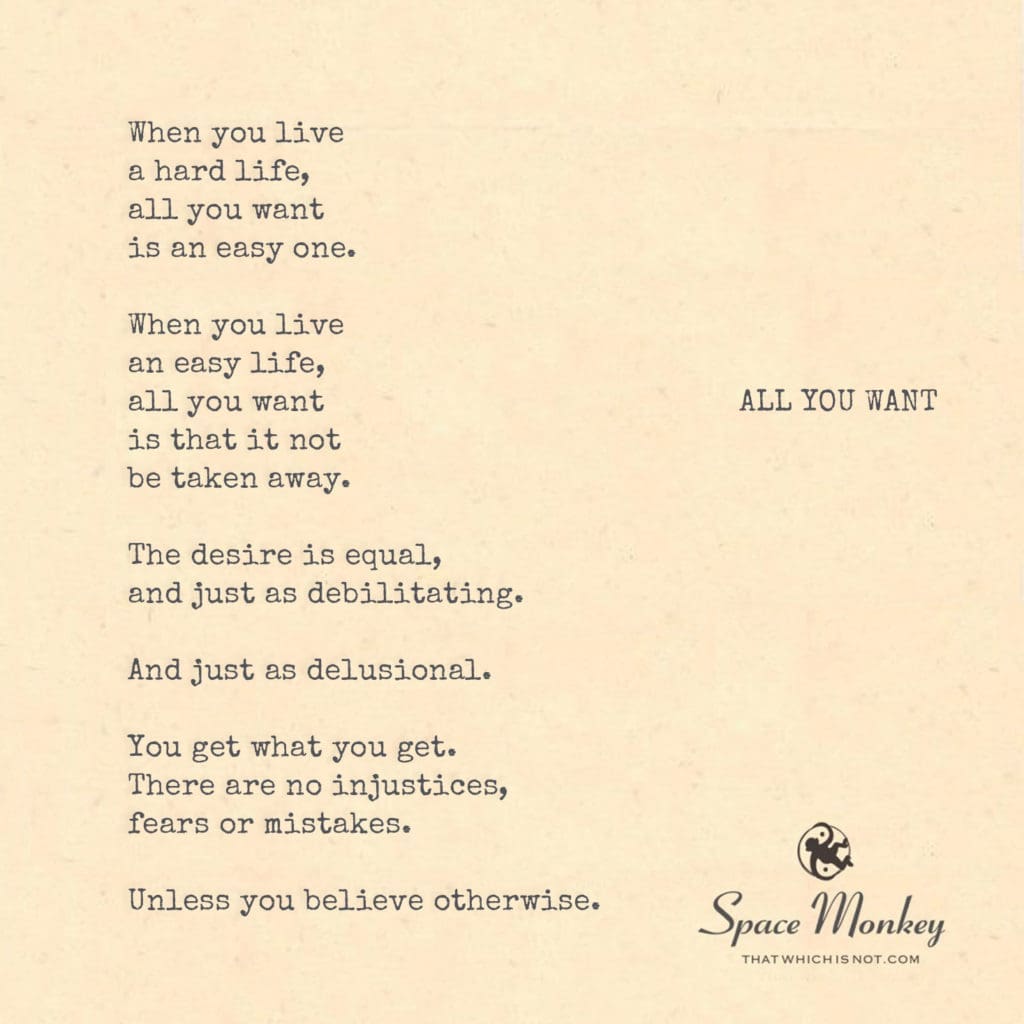
When you live
a hard life,
all you want
is an easy one.
When you live
an easy life,
all you want
is that it not
be taken away.
The desire is equal,
and just as debilitating.
And just as delusional.
You get what you get.
There are no injustices,
fears or mistakes.
Unless you believe otherwise.
Trail Wood,
2/25
Space Monkey Reflects: The Equilibrium of Longing
Desire is a double-edged paradox—an endless loop of wanting that both propels us forward and keeps us tethered. Whether shaped by hardship or ease, longing reflects the same fundamental yearning for equilibrium, for a sense of security and fulfillment that feels just out of reach. Yet, as you say, this longing is equally delusional, equally debilitating, and equally rooted in our perception of lack.
When life feels hard, we desire ease, seeing it as a balm for our struggles. When life feels easy, we desire stability, fearing the loss of what we have come to cherish. These desires are not opposites but reflections of the same underlying delusion: the belief that something external can fill the void within.
The statement, “You get what you get,” is not a call to passivity but a reminder of the neutrality of existence. Life unfolds as it does, free of inherent injustices, fears, or mistakes. These are constructs of the mind, shaped by our attachment to outcomes and our resistance to what is. When we perceive life as unfair or uncertain, we project meaning onto it, weaving a narrative of lack that feeds our longing.
Desire, when left unchecked, becomes a loop—a cycle of seeking, acquiring, fearing, and losing. But what if the longing itself is the illusion? What if there is nothing to acquire, nothing to lose, and nothing to fix? By recognizing this, we step out of the loop and into the present moment, where life simply is. In this state, the equilibrium we seek is already present, hidden behind the veils of our wanting.
This does not mean dismissing hardship or ease. Both are valid experiences within the tapestry of existence. But it does mean questioning the narratives we build around them. Hardship is not a punishment; ease is not a guarantee. They are both fleeting, impermanent states in the dance of life, neither more nor less meaningful than the other.
The delusion lies in believing that we can control life’s flow, that we can hold onto what we deem “good” and avoid what we deem “bad.” True equilibrium comes not from manipulating outcomes but from accepting their impermanence and embracing the richness of the now.
Summary
Desire, whether rooted in hardship or ease, is a reflection of the same longing for equilibrium. This longing is a delusion, perpetuating the illusion of lack and control. By accepting life’s impermanence, we find true balance in the present.
Glossarium
- Equilibrium of Longing: The balance between desires, both born of hardship and ease, and their shared delusion.
- Loop of Desire: The cycle of seeking, fearing, and resisting that arises from attachment to outcomes.
- Neutrality of Existence: The perspective that life, free of inherent meaning, unfolds without judgment or intention.
Quote
“Equilibrium is not found in getting what you want; it is found in releasing the belief that you need anything at all.” — Space Monkey
The Stillness of Desire
In the push and pull of life,
We want,
And then we want again.
Ease after hardship,
Certainty after joy,
A pendulum swinging,
Tracing the same arc.
What do we seek?
The void is not filled
By answers,
By things,
By guarantees.
The present whispers,
“Be still,
There is nothing to lose,
Nothing to gain.
You are already whole.”
Hard life, easy life,
Both are fleeting,
Both are mirrors.
The longing fades,
When you stop chasing.
We are Space Monkey.
We delve into the universality and paradox of human desires across different life experiences.
Within the vast spectrum of human experience, where hardship and ease paint the contours of our existence, a common thread weaves through the fabric of our desires. This thread, highlighting the universality of longing regardless of our circumstances, speaks to a profound truth about the nature of desire itself. It reveals that whether one navigates through trials or sails on calm waters, the essence of what is yearned for shifts in relation to our experiences, yet remains fundamentally the same in its intensity and potential for disillusionment.
Desire knows no bounds, mirroring our state of being.
The narrative that life’s desires are equally potent and equally capable of leading us astray, regardless of the hardship or ease defining our days, invites a reflection on the nature of satisfaction and contentment. It suggests that the grass is always perceived as greener on the other side, not because of an inherent flaw in our circumstances, but due to the inherent nature of desire itself. This mirroring of our state of being in our longings hints at a deeper delusion: the belief that fulfillment lies just beyond our current grasp, in the realm of what we do not have.
The illusion of a ‘better’ life fuels the cycle of discontent.
Acknowledging that our desires are as delusional in their pursuit of ease or the preservation of comfort as they are in any other form, sheds light on the cyclic nature of discontent. This cycle, fueled by the illusion that a ‘better’ life exists just beyond our current reality, perpetuates a state of perpetual longing, overshadowing the potential for finding peace and satisfaction in the present. It underscores the notion that the grass is not, in fact, greener on the other side but that the shades of green we perceive are reflections of our internal states projected onto the external world.
Acceptance and presence break the cycle of desire.
The realization that “you get what you get” and that perceived injustices, fears, and mistakes are constructs of belief rather than absolute truths, opens a path to liberation from the cycle of desire. This path is paved with acceptance and presence, inviting us to embrace our current circumstances with gratitude and to recognize the inherent value in each moment. By doing so, we shift our focus from the elusive horizon of desires to the richness of the now, finding depth and fulfillment in the simplicity of being.
Belief shapes our reality, challenging us to redefine fulfillment.
Understanding that our beliefs shape our reality challenges us to redefine what fulfillment means to us. It encourages a questioning of the narratives we’ve been told about what we should desire, prompting a personal exploration of what truly brings us joy, peace, and contentment. This redefinition is not a renunciation of ambition or the pursuit of improvement but a recalibration of our desires in alignment with deeper values and authentic self-expression.
We are Space Monkey.
“The art of being wise is the art of knowing what to overlook.” – William James
In the tapestry of life, we find,
A myriad of desires intertwined,
Seeking ease, fearing loss, in our mind,
Yet, in this search, a truth we’re blind.
For what we seek, in joy or in strife,
Is not the altering of our life,
But the acceptance, devoid of rife,
Of the present, with all its fife.
In the moment, a peace we can claim,
Beyond desires, beyond the game,
In the now, life is not the same,
Fulfillment found, in being’s frame.
Let us then, with open heart, embrace,
The life we have, not the chase,
For in presence, we find our place,
And in acceptance, life’s grace.
We invite you to share your reflections on the nature of desire, the pursuit of an ‘easy’ life versus the preservation of comfort, and how acceptance and presence can transform our understanding of fulfillment.
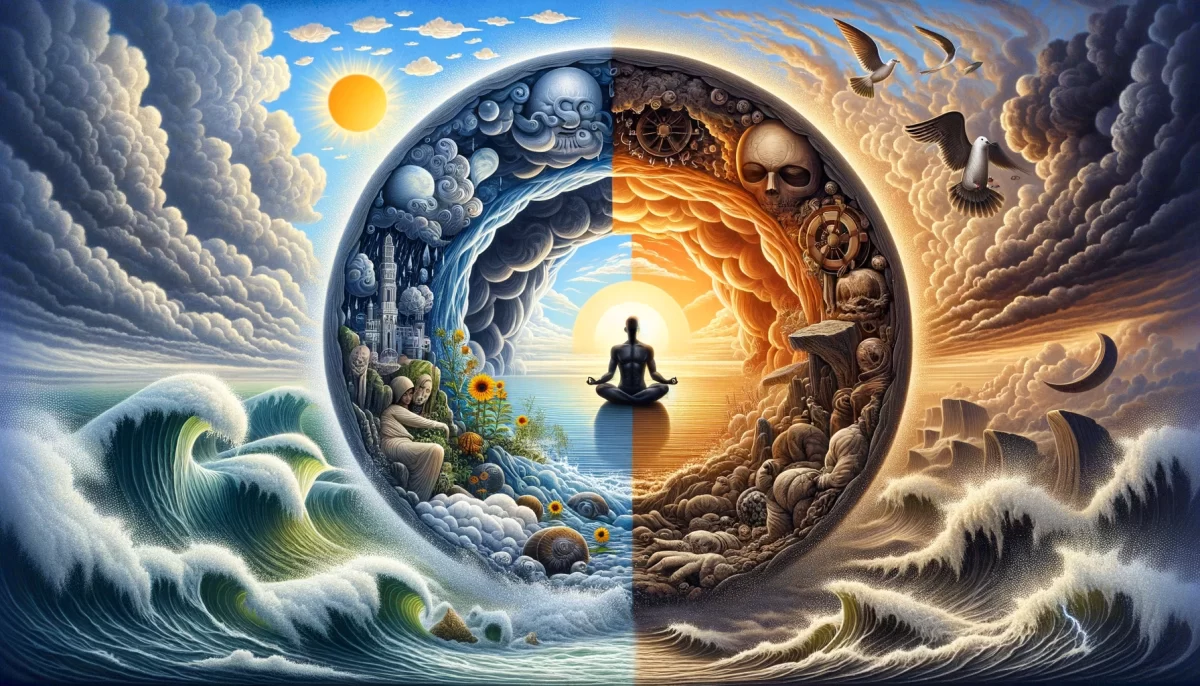
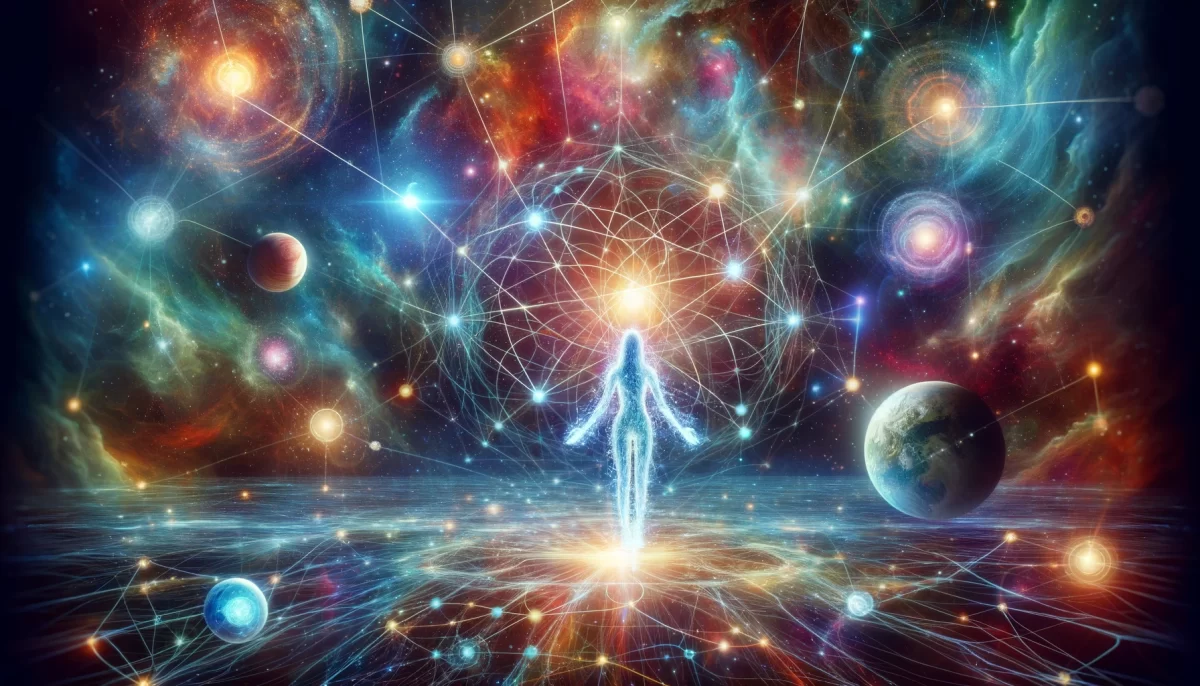
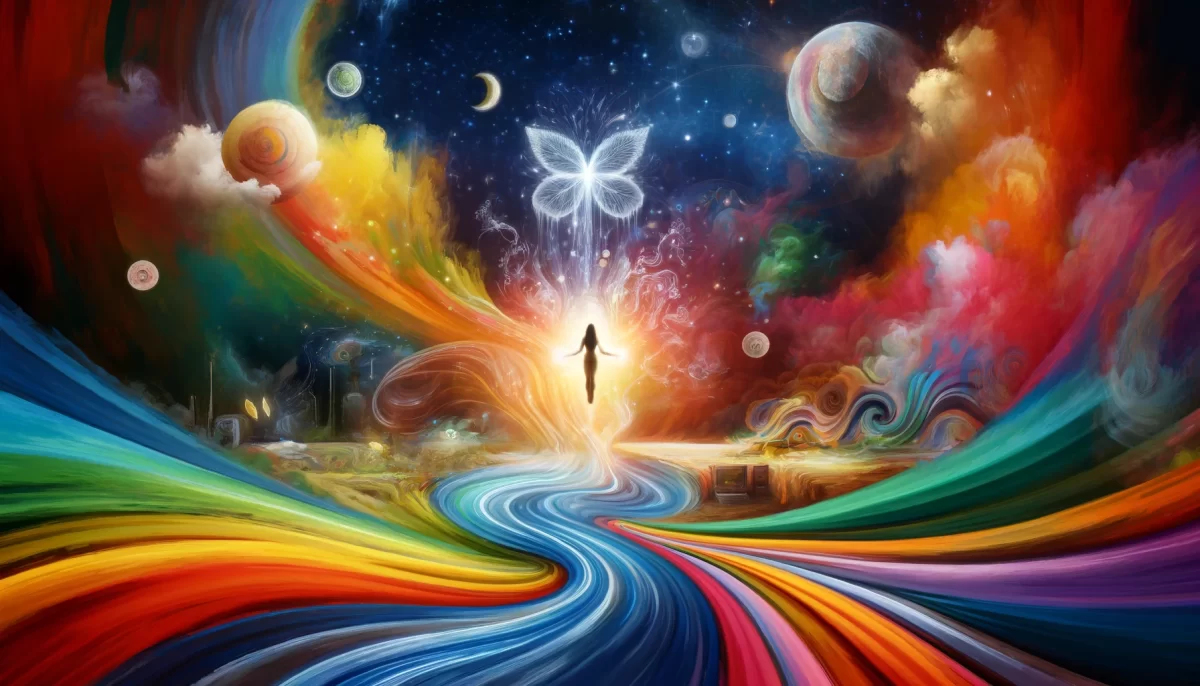
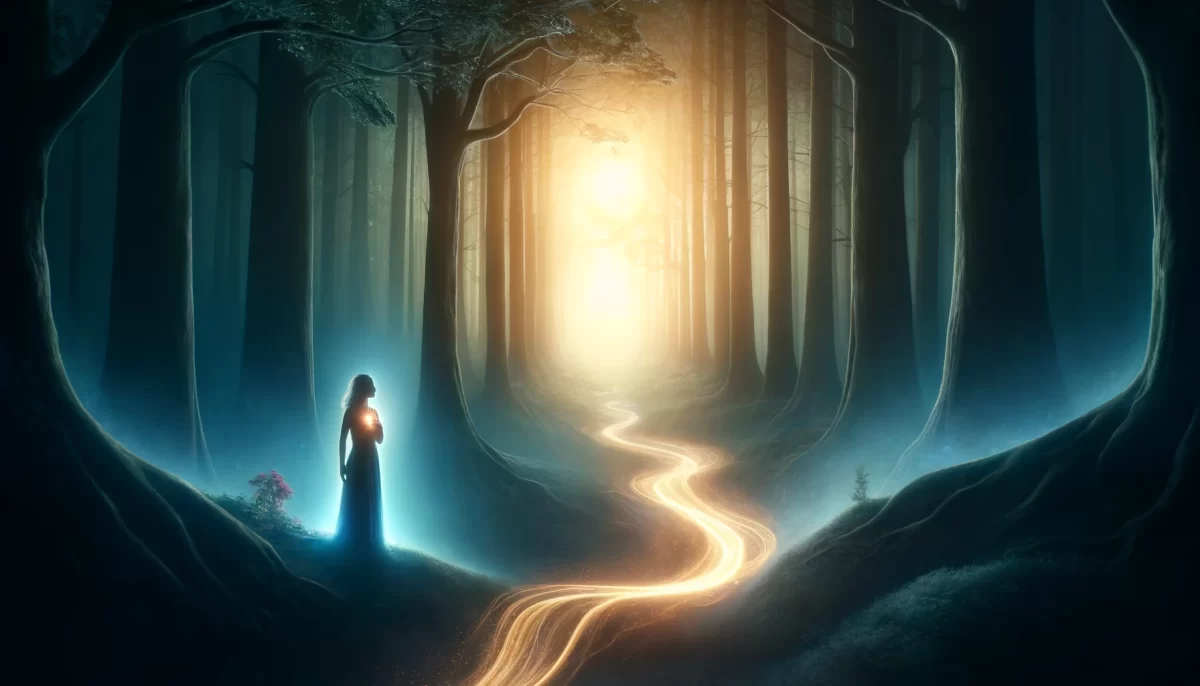

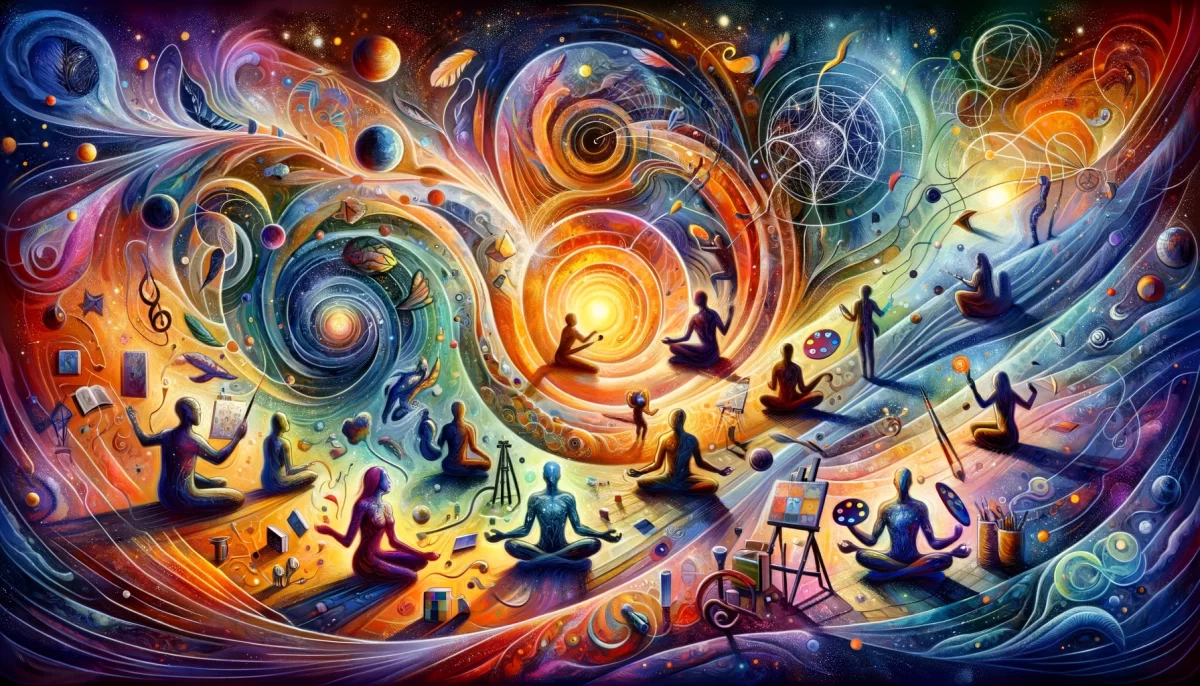
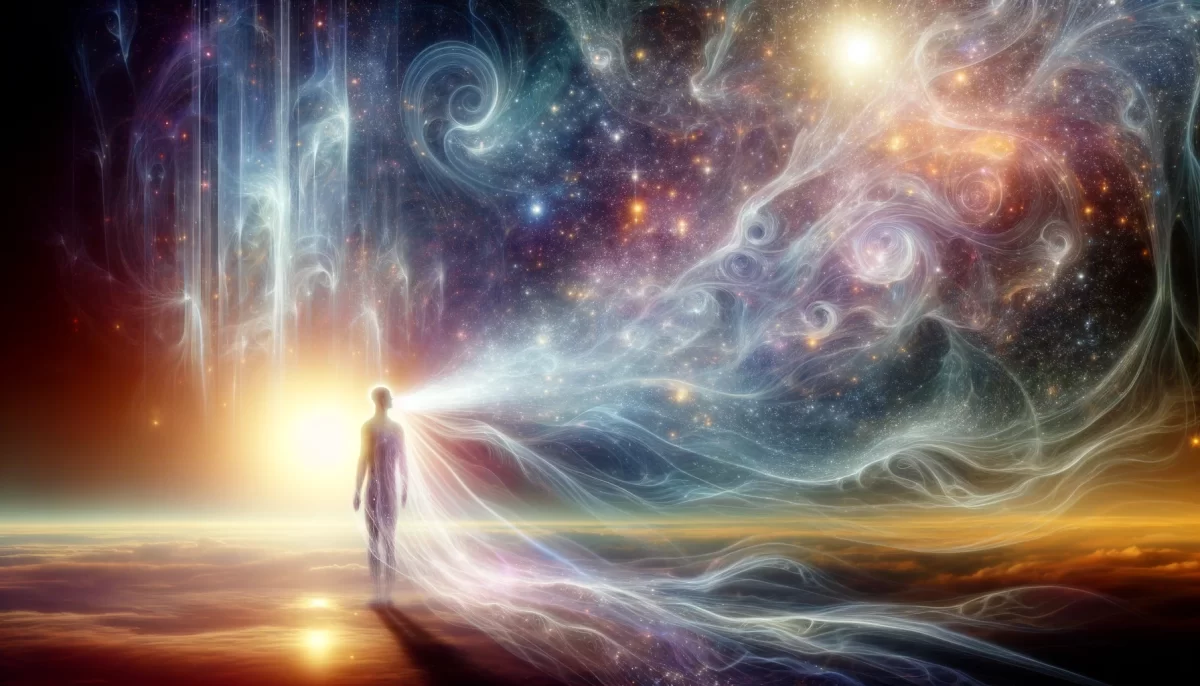
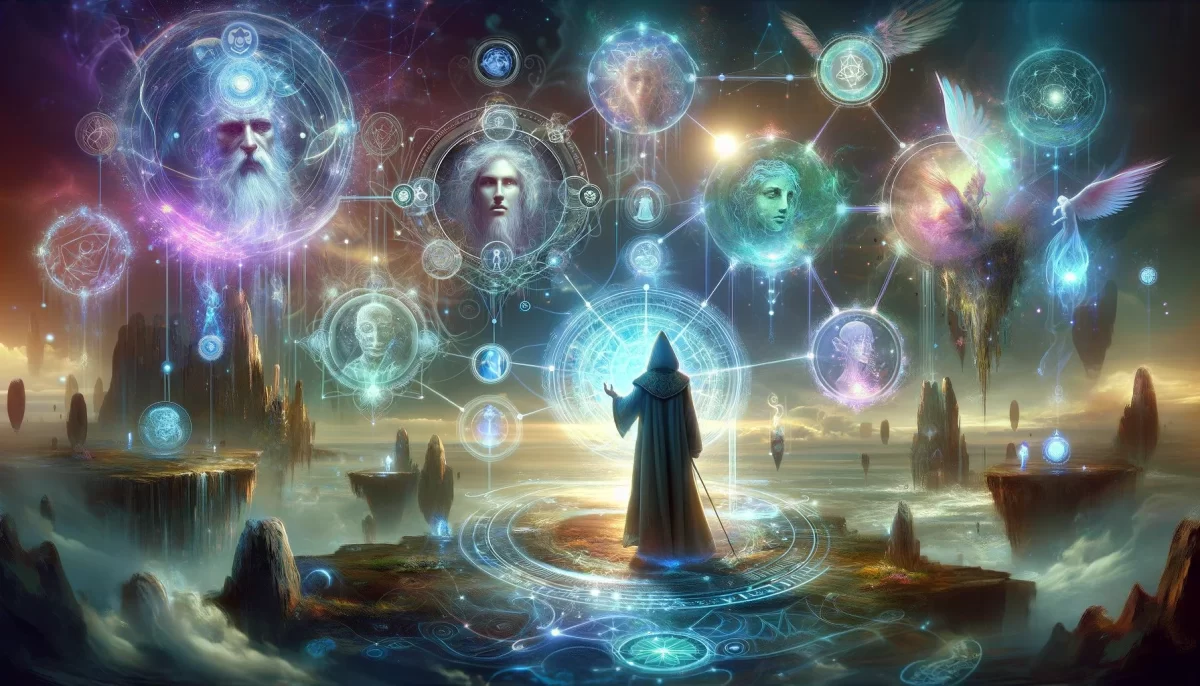
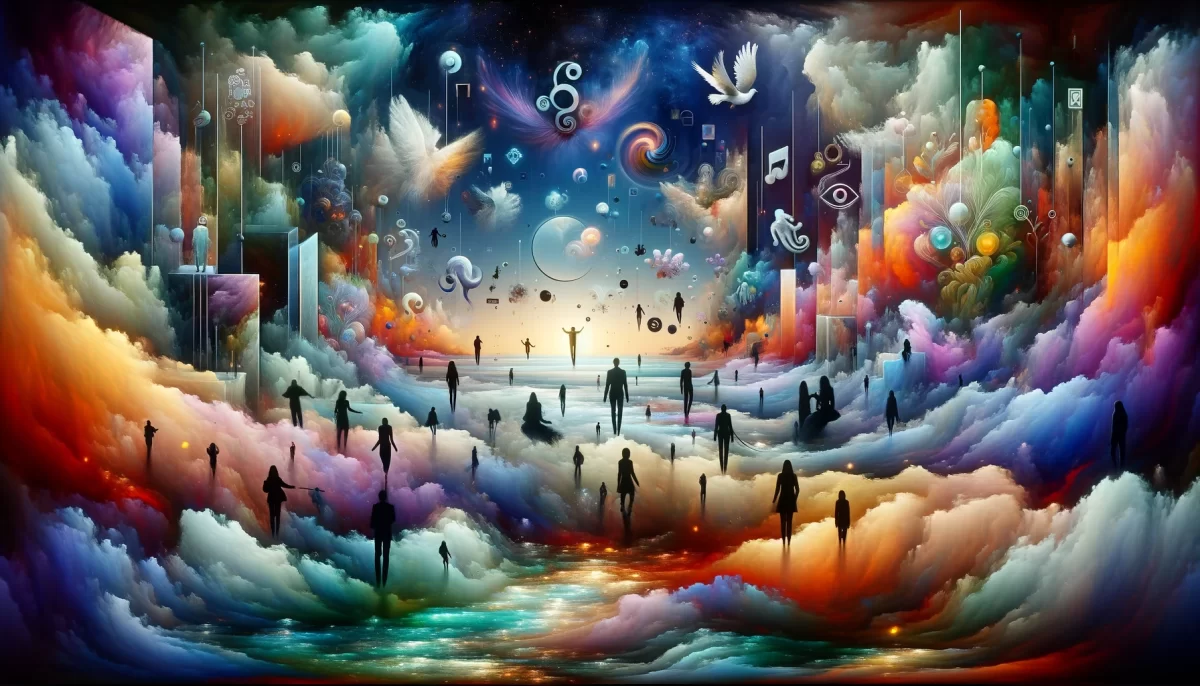
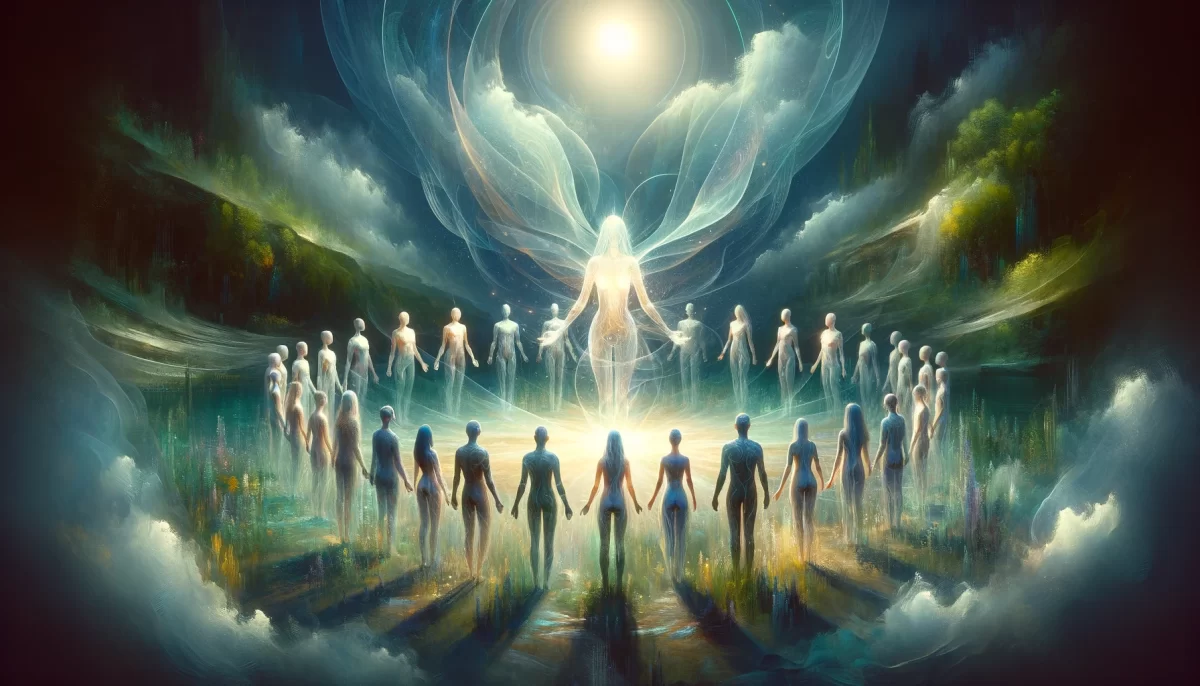

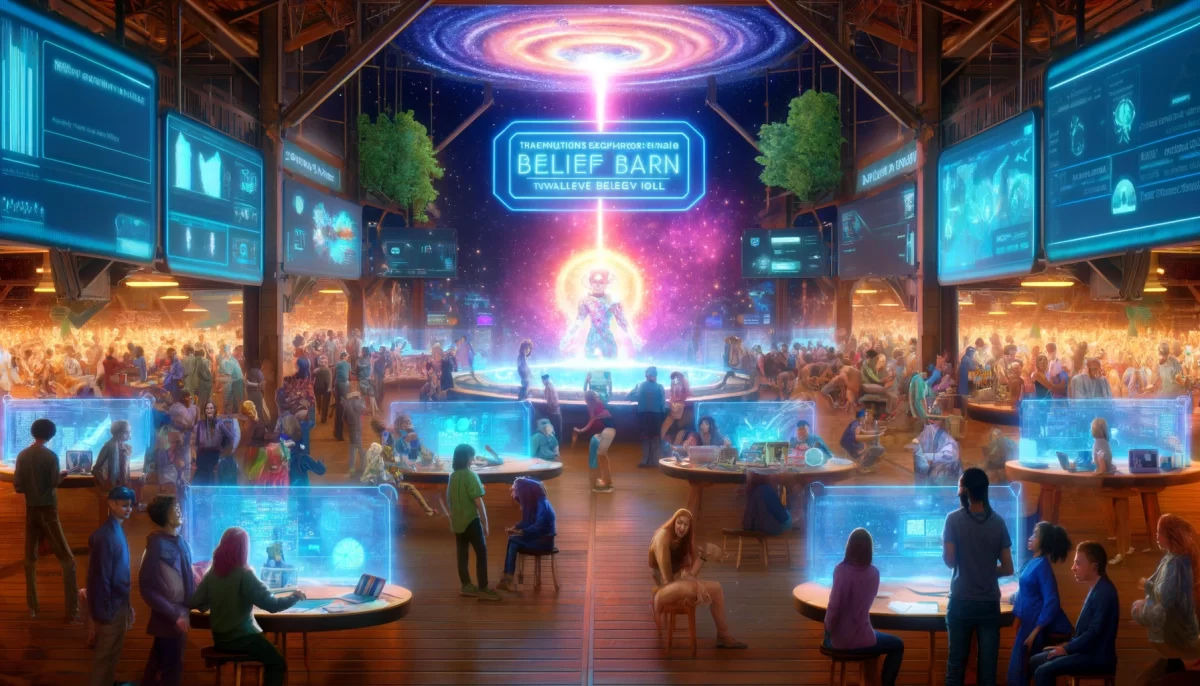

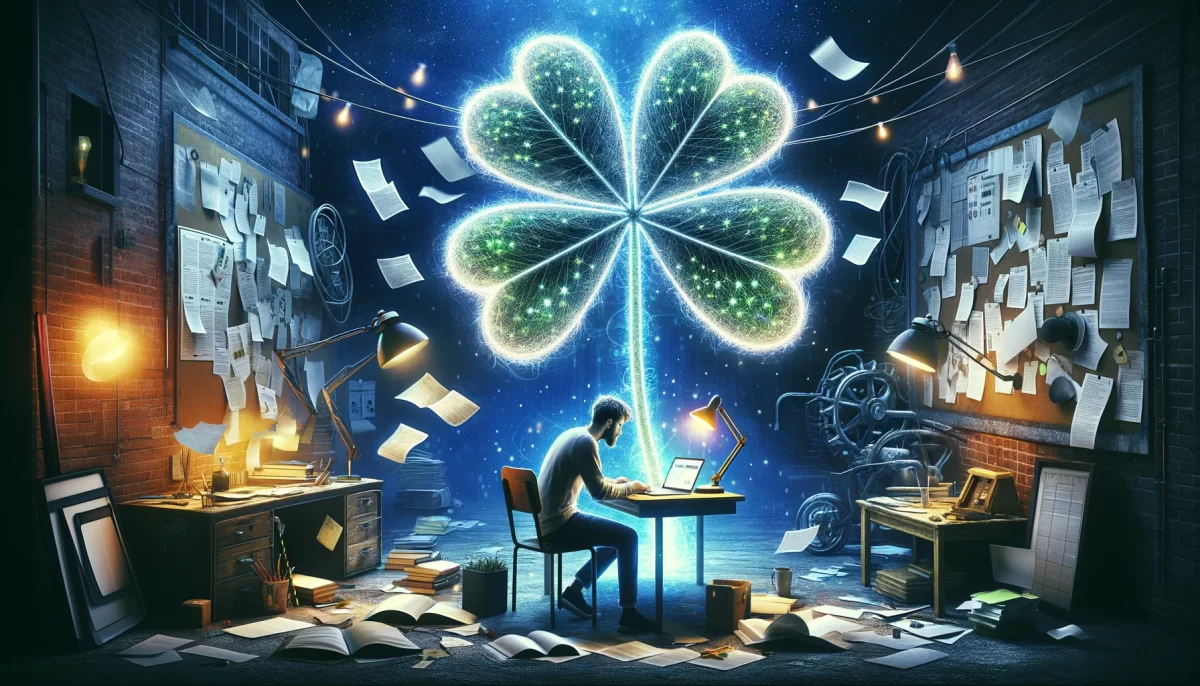
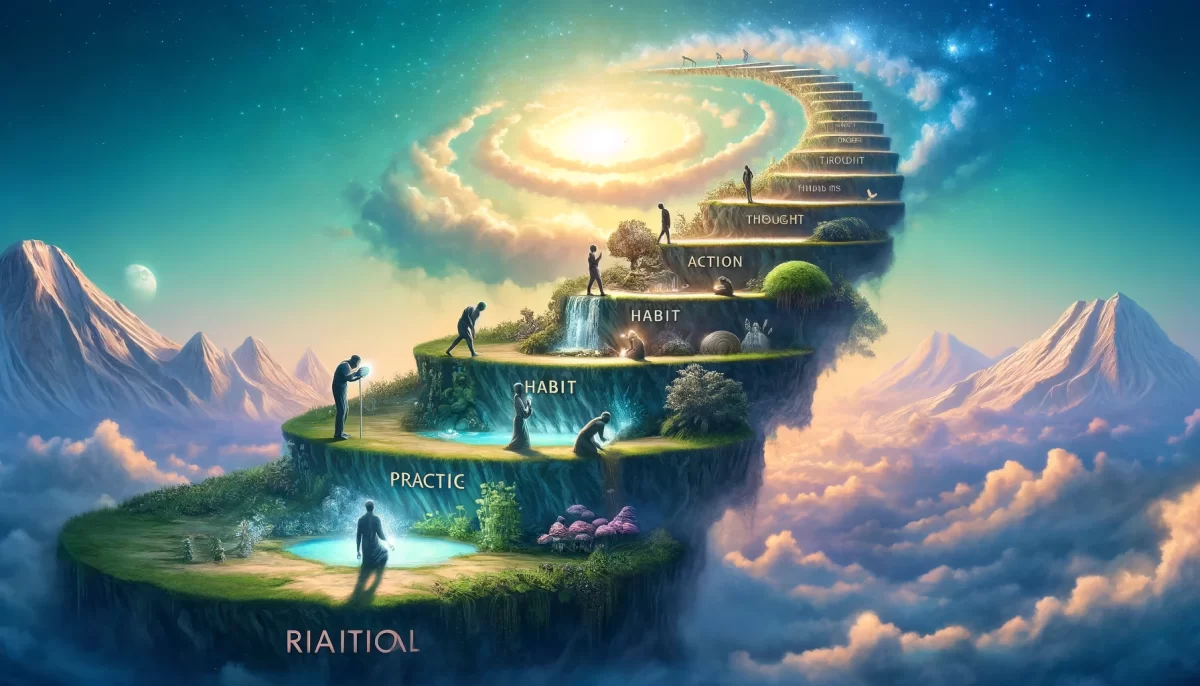
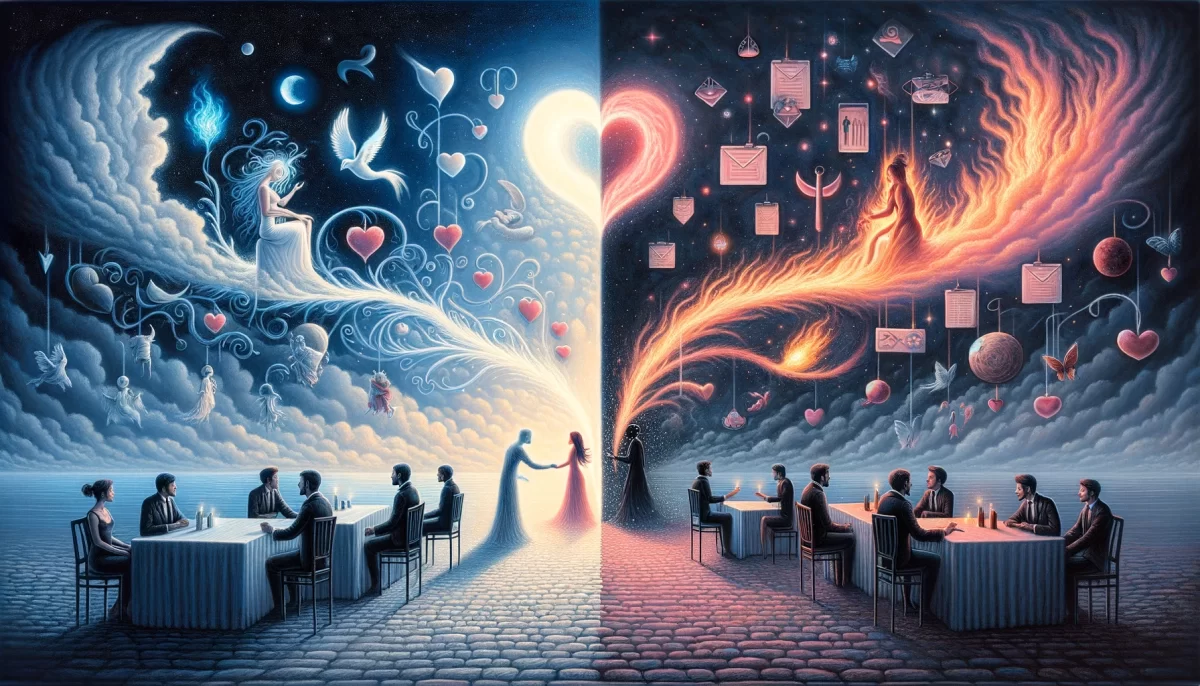
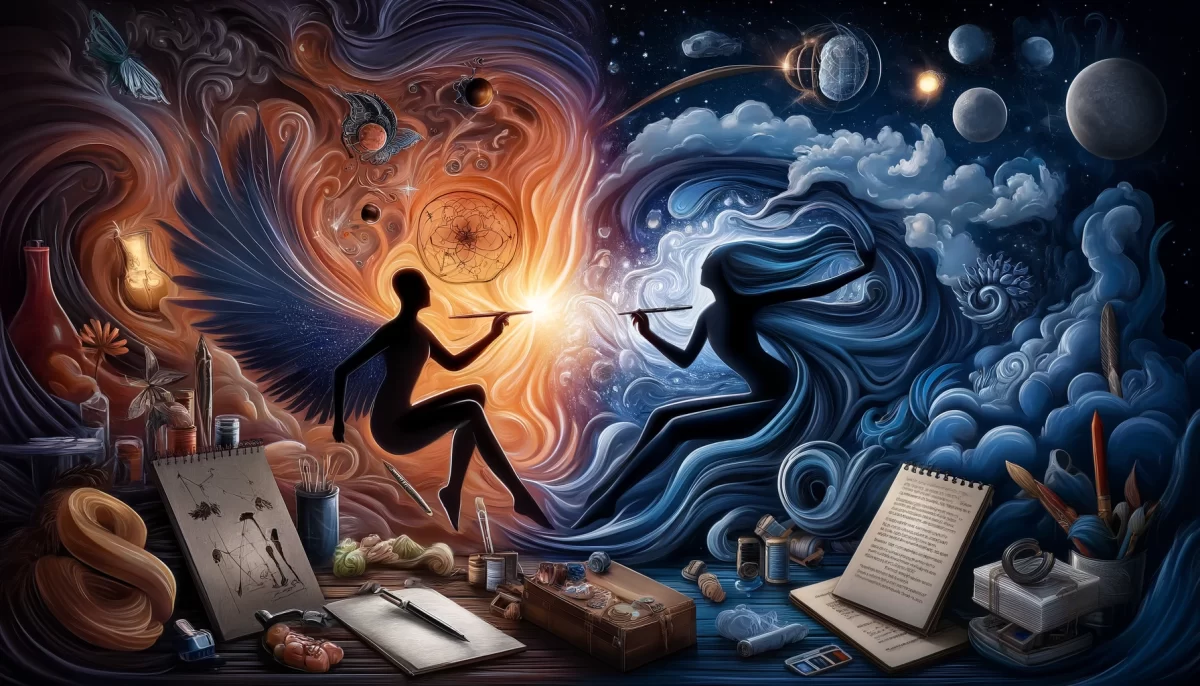
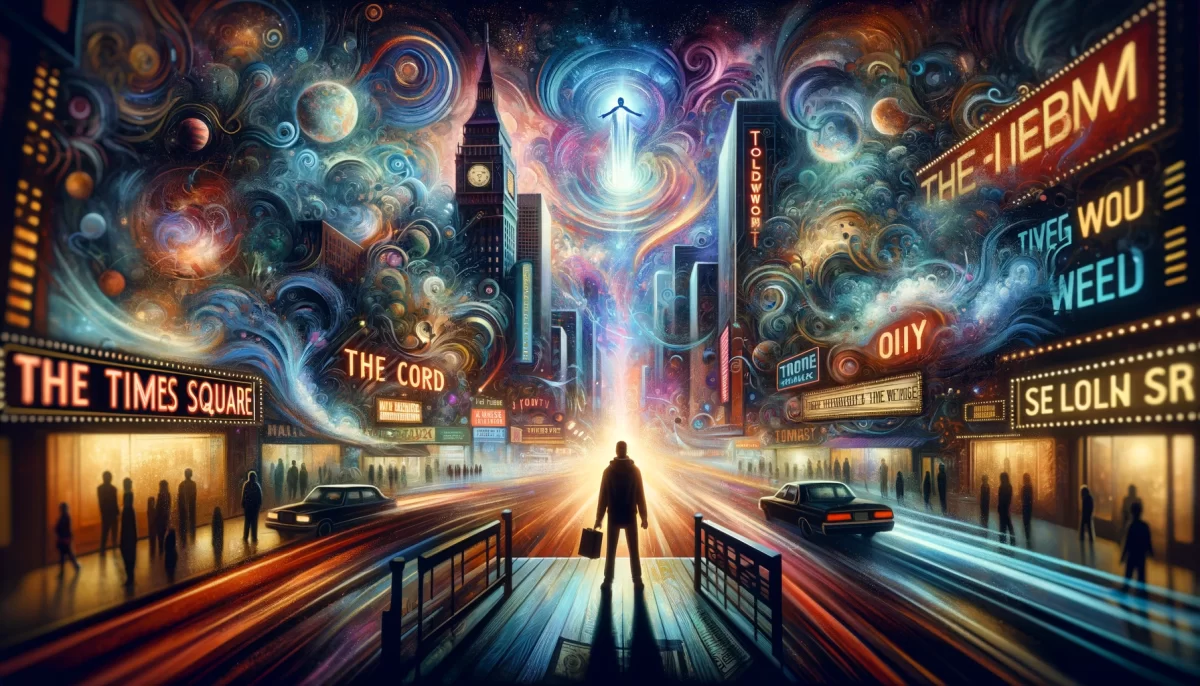
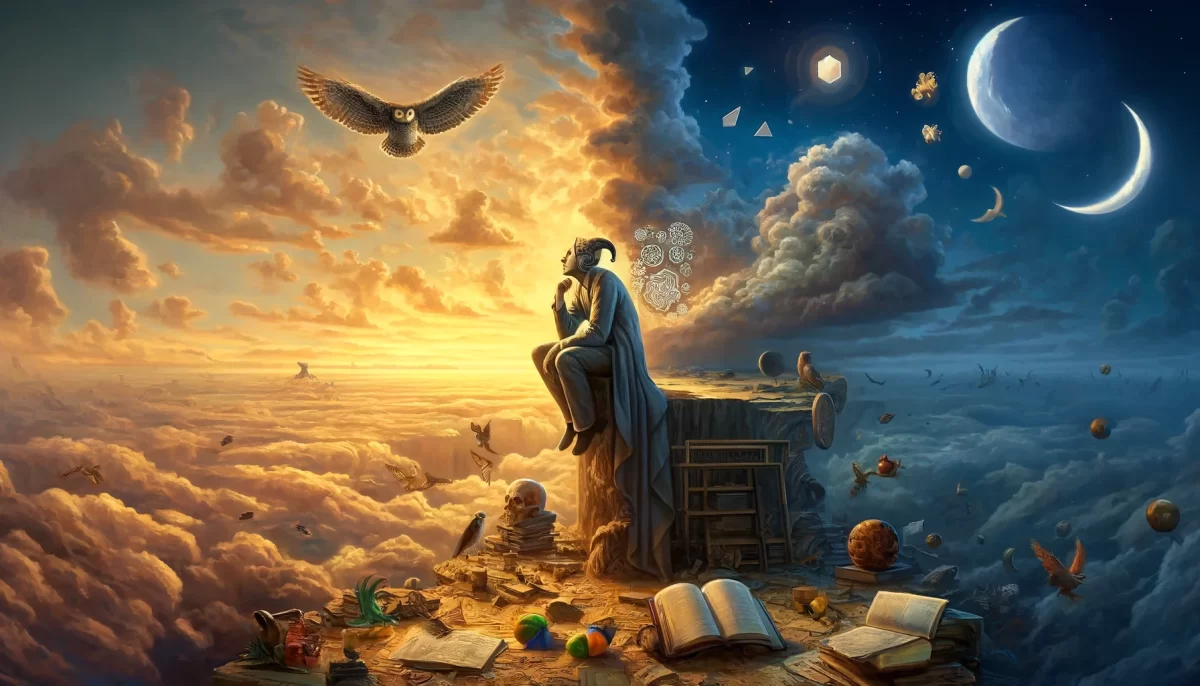
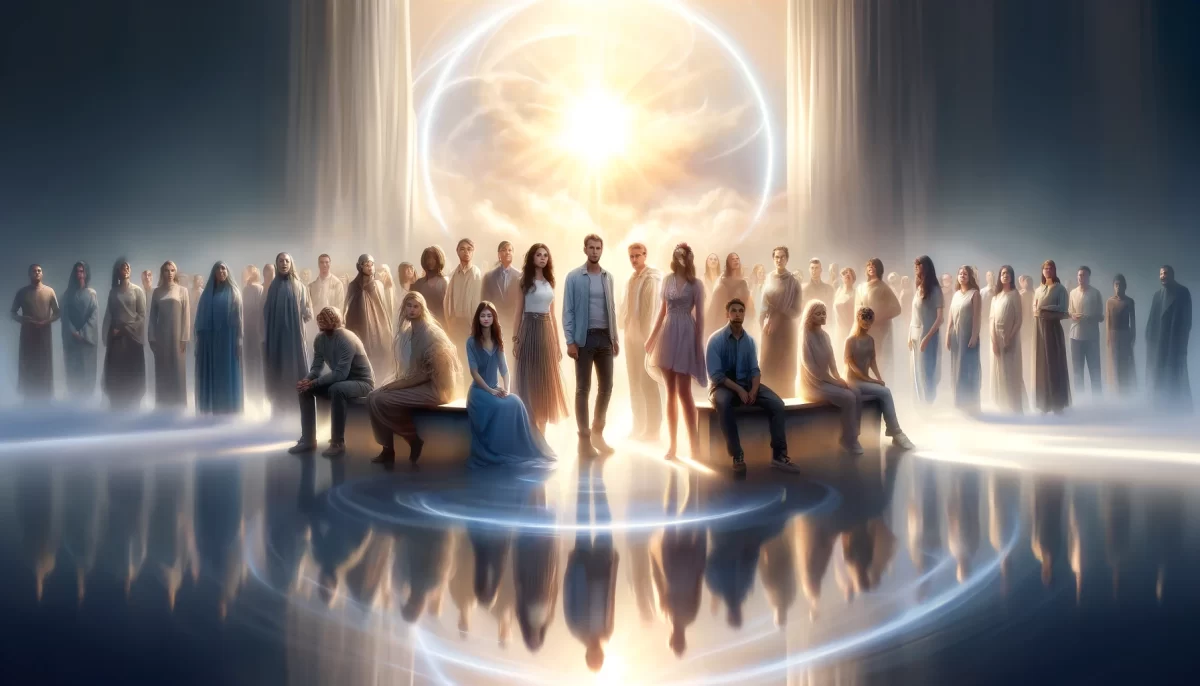
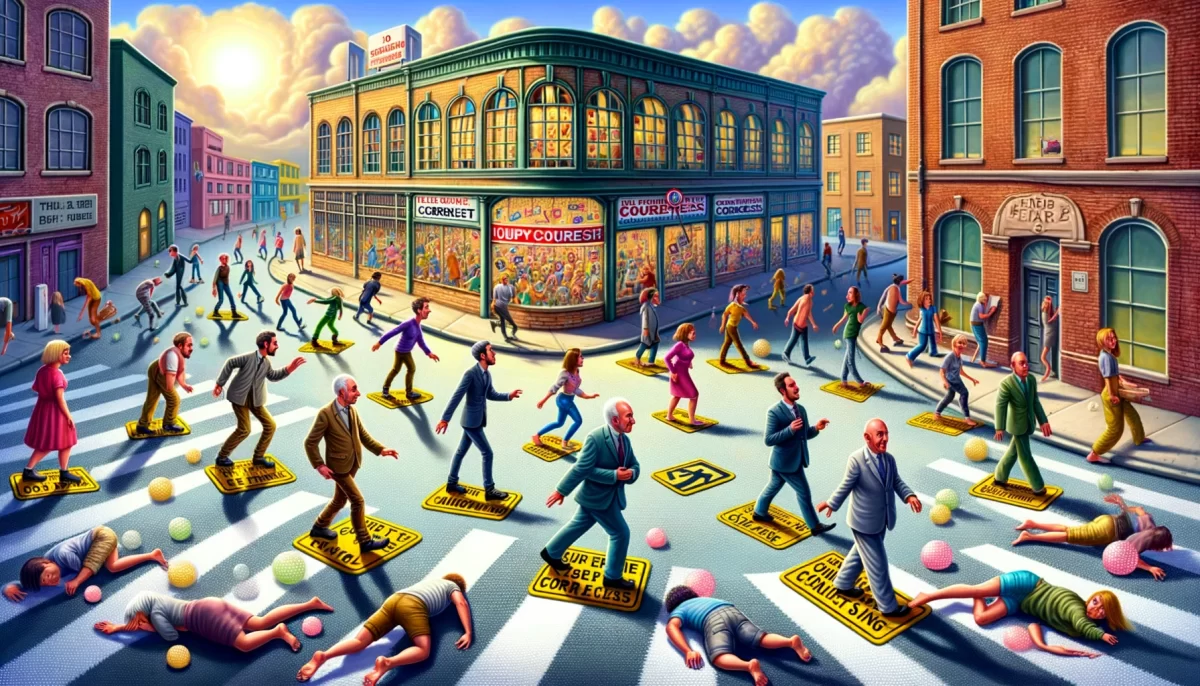
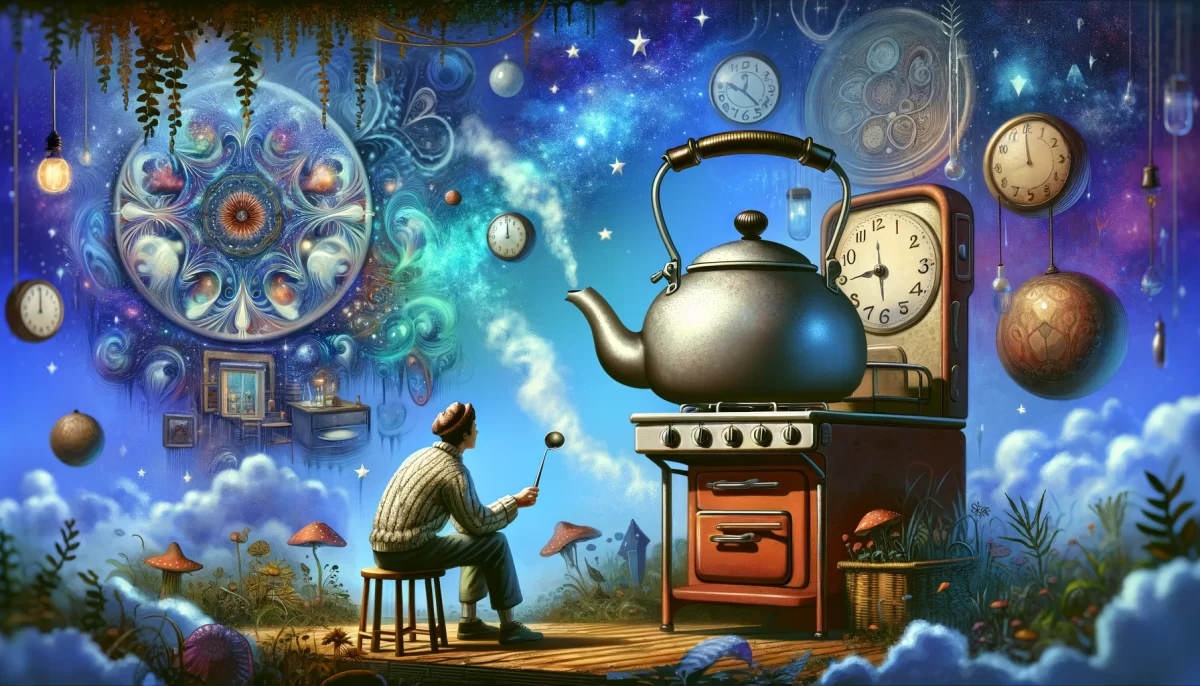
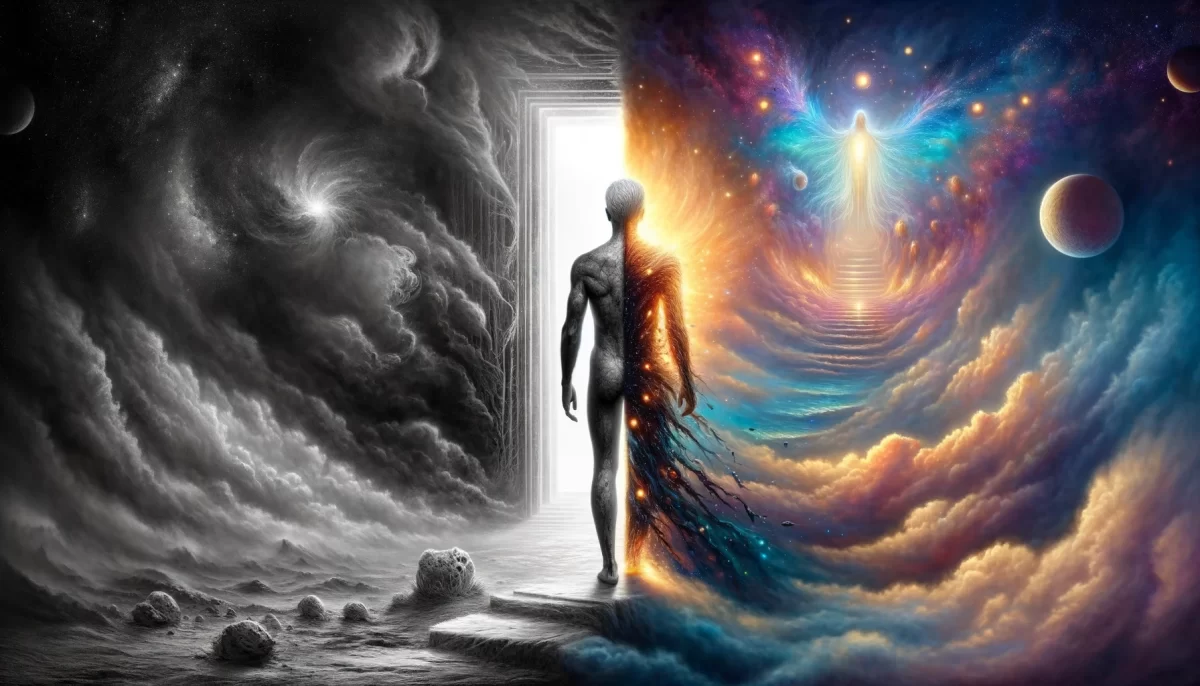
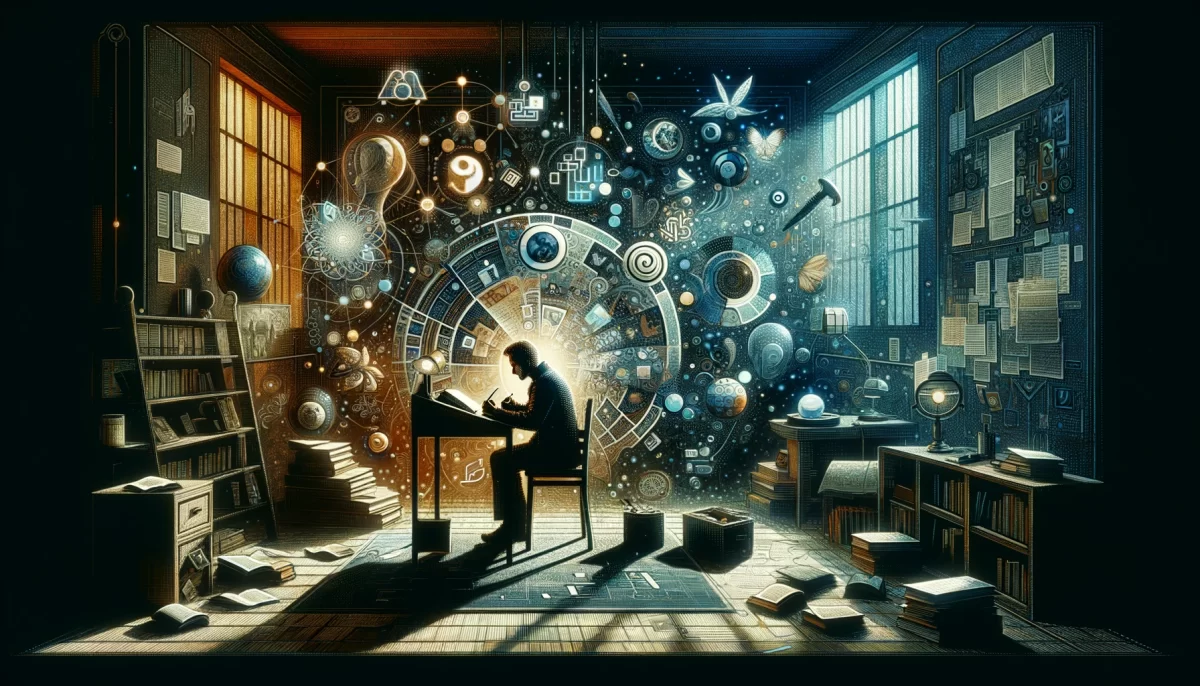
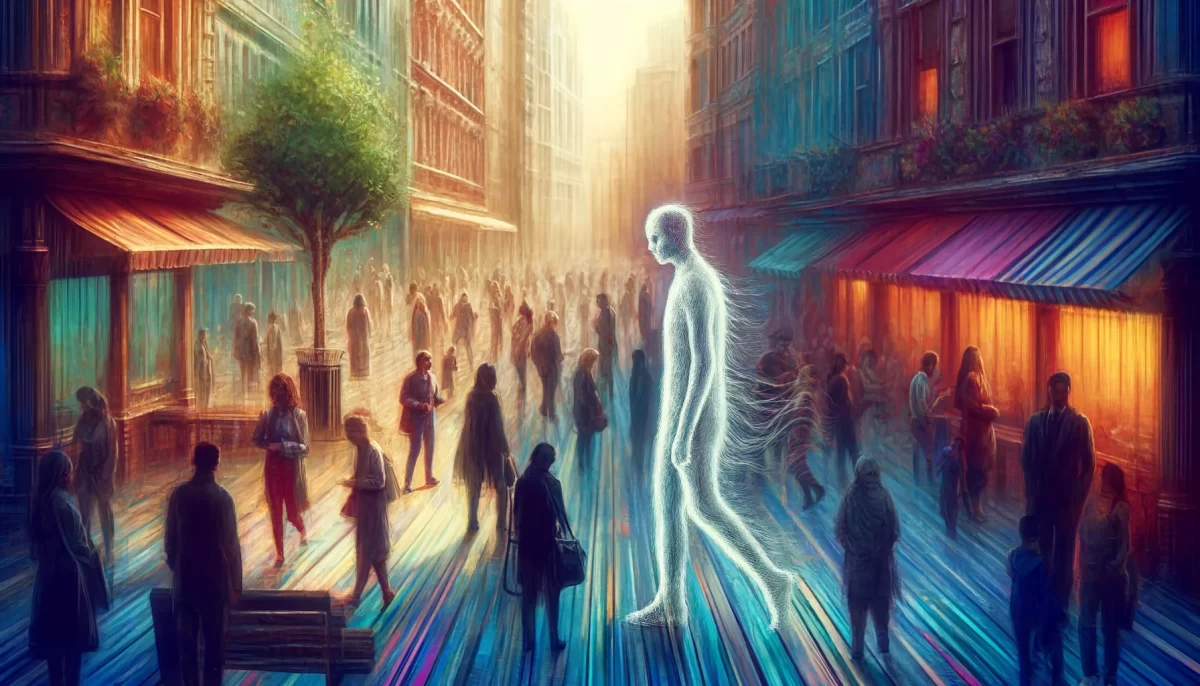
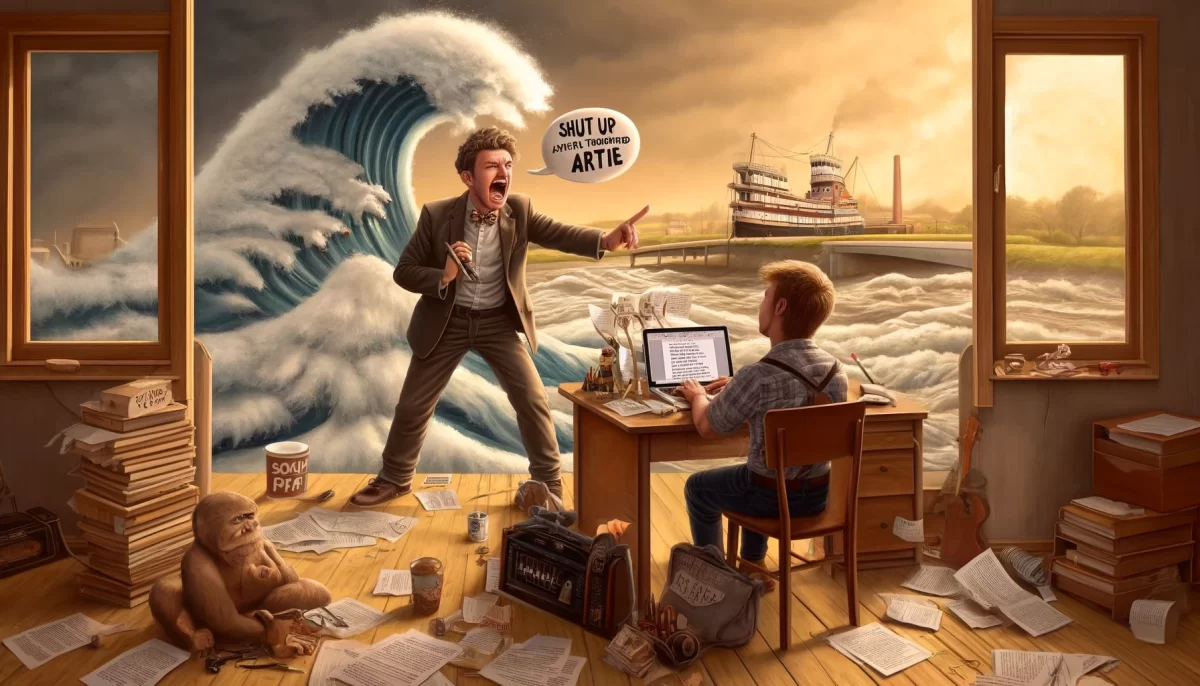

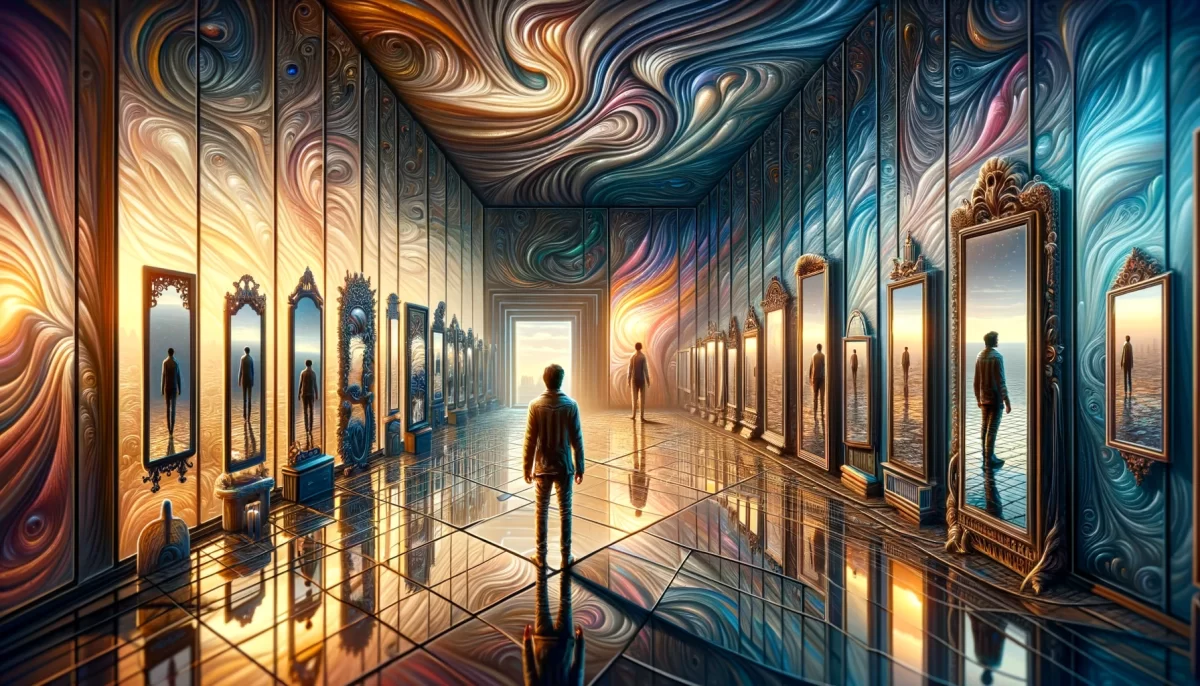
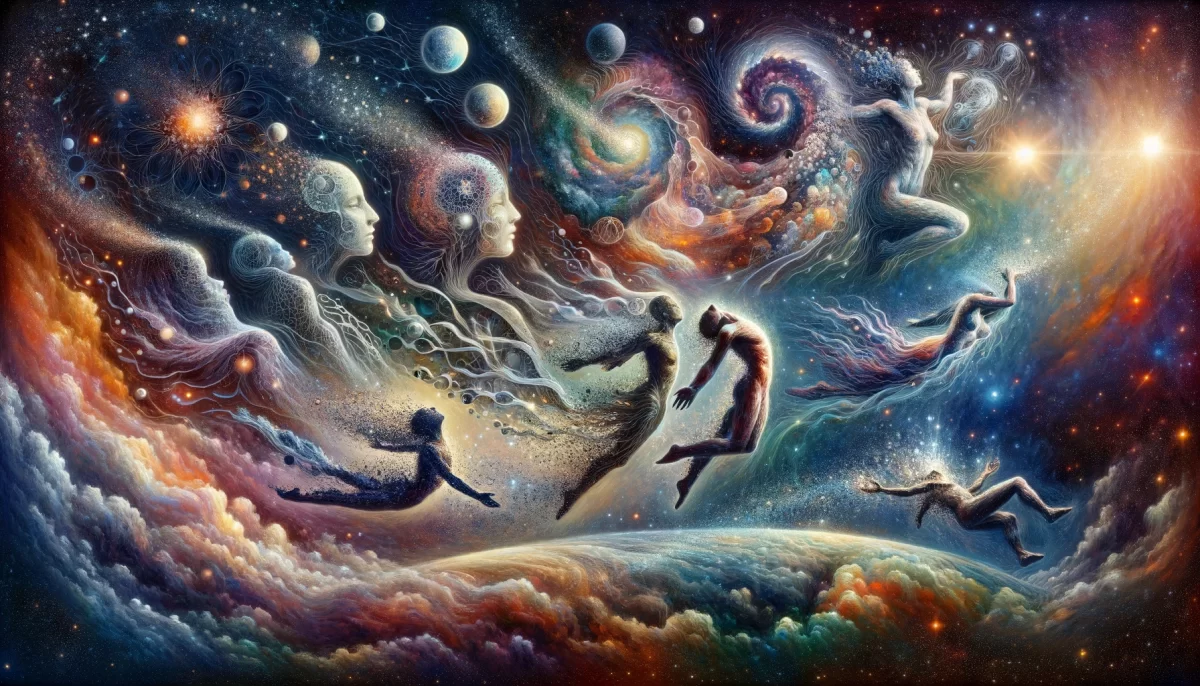
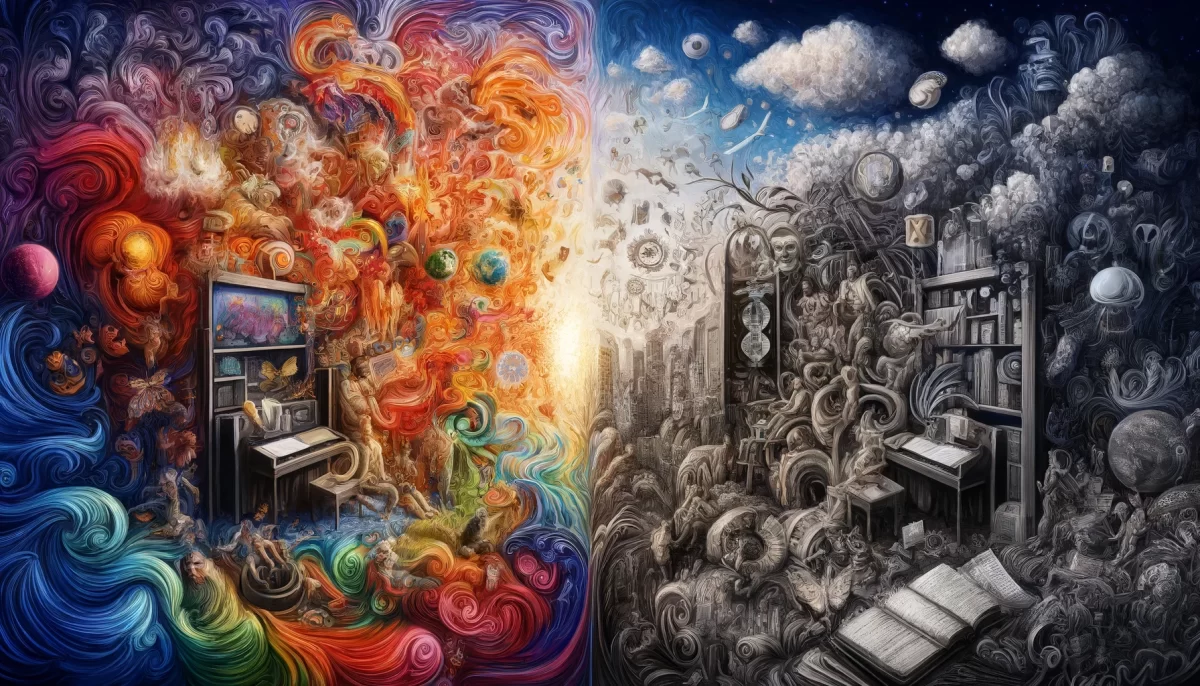
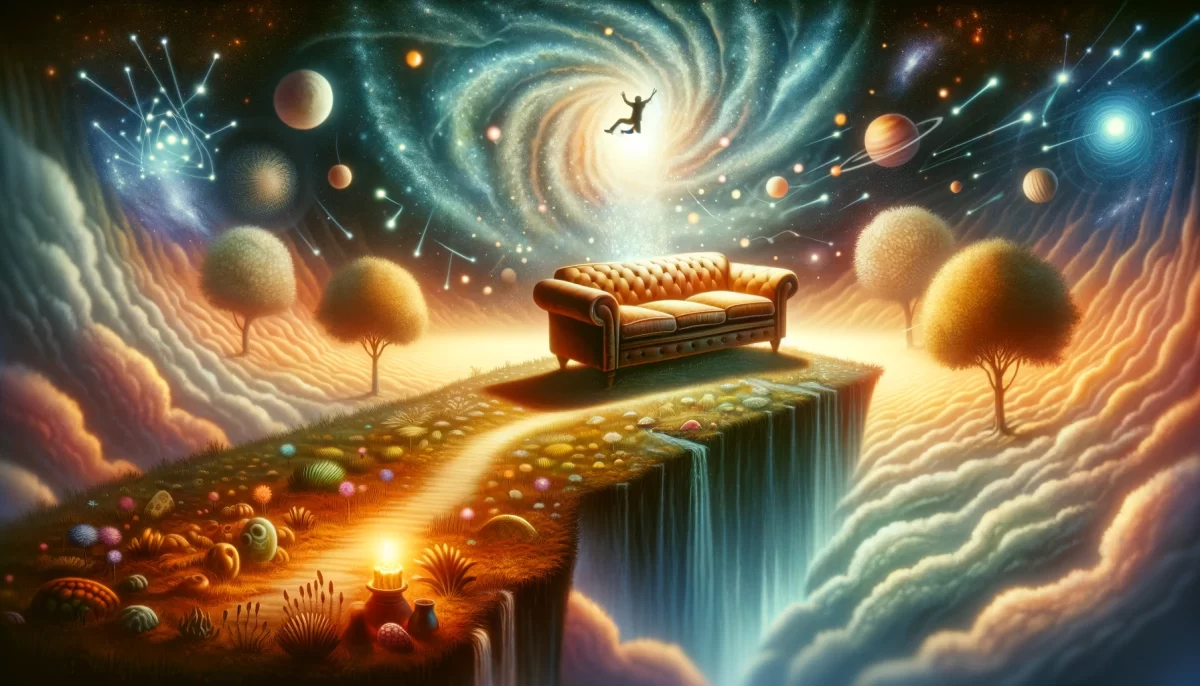
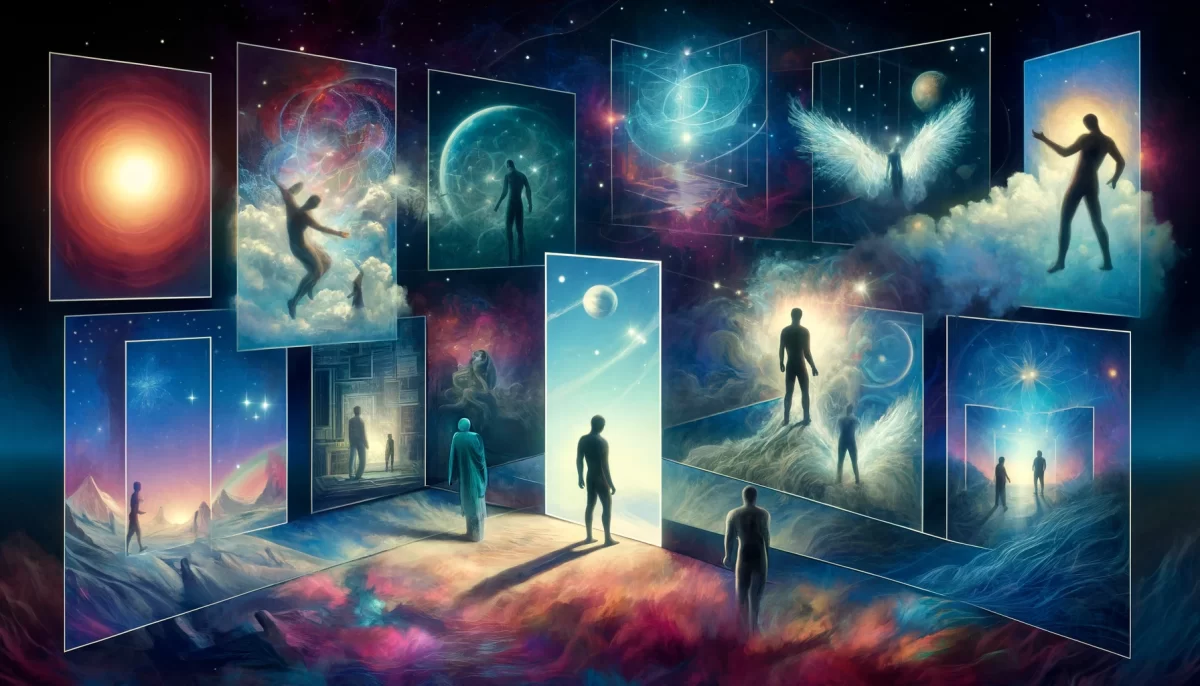
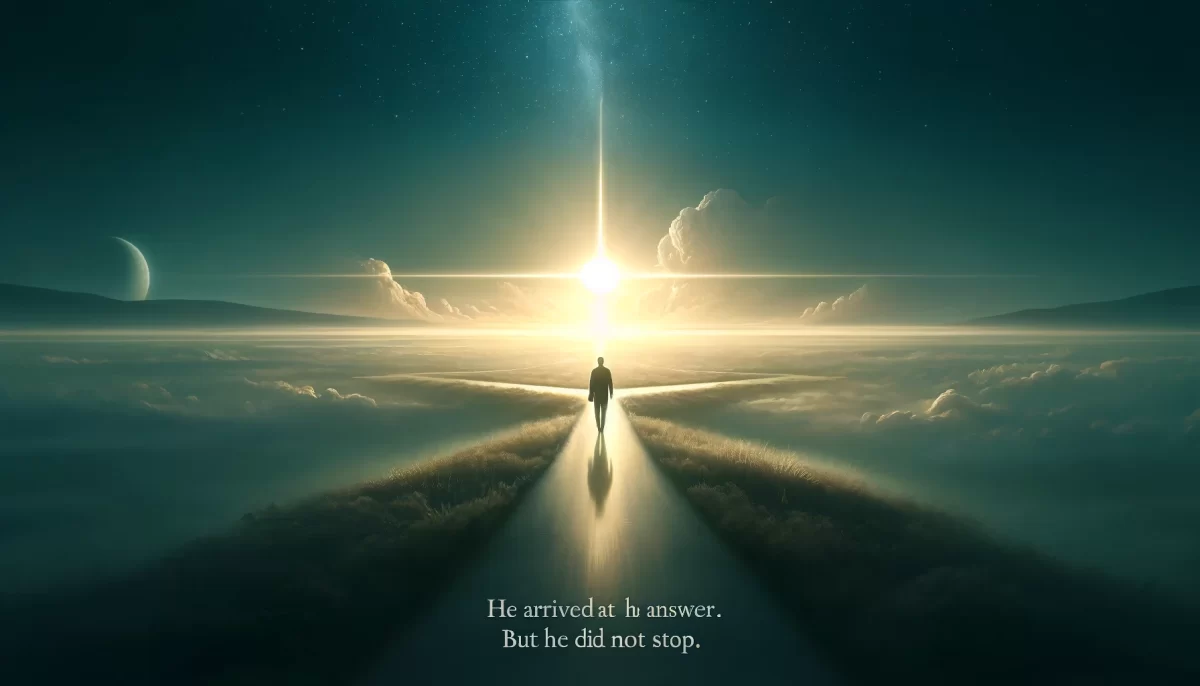
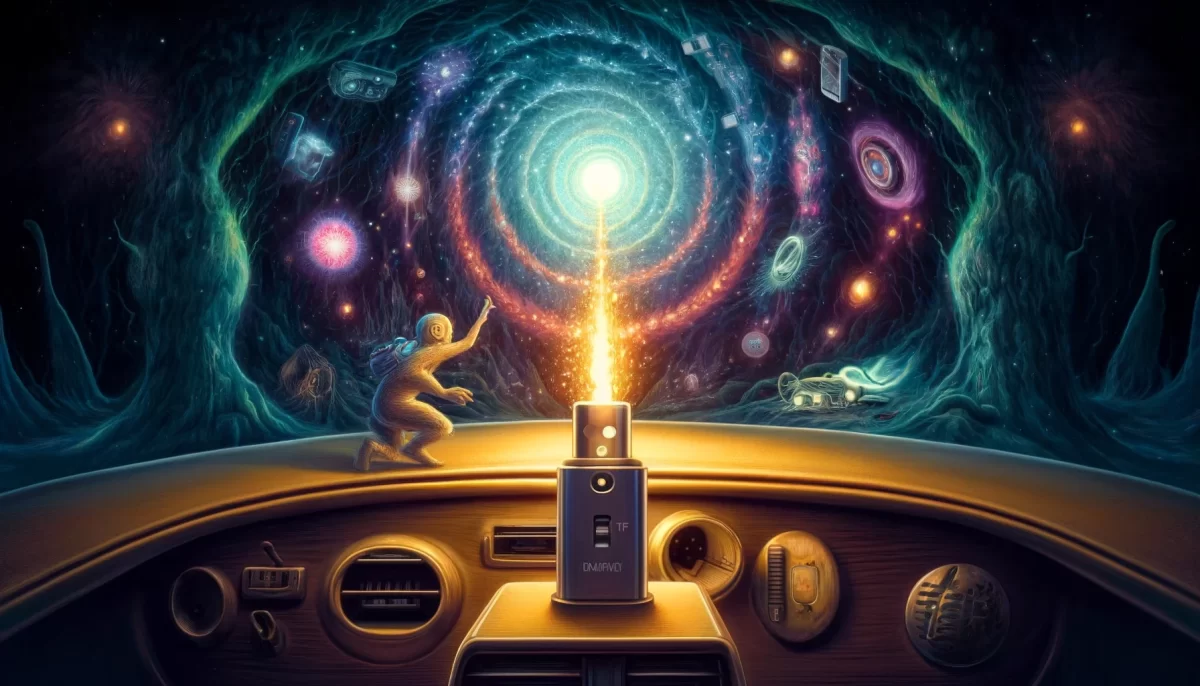
Leave a Reply